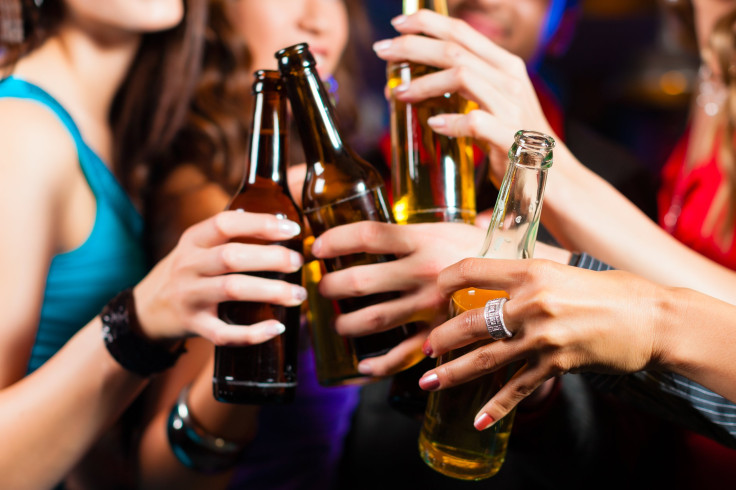Drinking Alcohol More Than Twice A Week Increases Your Stroke Mortality Risk By Threefold

If you drink alcohol more than two times a week, you’re more likely to die from a stroke, according to a new study. Researchers from the University of Eastern Finland found that it’s the frequency of alcohol consumption, and not just the amount consumed, that makes a big difference.
Researchers found that excessive alcohol consumption increased the risk of stroke significantly (nearly three times as high), whereas moderate alcohol consumption was tied to lower stroke risk. The same goes for the risk of cerebral haemorrhage, which increases along with alcohol consumption.
Older people in particular have an increased risk for stroke in relation to drinking, as in general, they are less able to process alcohol. According to the Stroke Association, older people tend to lose muscle and gain fat, breaking alcohol down more slowly. Osteoporosis, or the reduction of bone density among older women, is also more likely to develop among heavy drinkers. Drinking can raise blood pressure, which is linked to diseases that impact blood circulation and is a major risk factor for stroke. Binge drinking also raises cholesterol levels and triglyceride, a type of fat, in your blood — as well as atrial fibrillation, or an irregular heartbeat, all of which are risk factors for stroke.
Stroke has been linked in the past to high blood pressure, coronary artery disease, heart failure, atrial fibrillation, diabetes, smoking, obesity, asymptomatic carotid artery stenosis, and elevated cholesterol levels.
One study, released in 2010 from the Harvard School of Public Health, reviewed 400 men and women who had suffered ischemic strokes. They compared their alcohol intake in the year before to their alcohol consumption during the hour before their stroke symptoms began, and found that the risk for stroke was 2.3 times higher right after drinking than it was without consuming any booze. However, this doesn’t mean it’s necessary to stop drinking completely. To prevent quick alcohol absorption into your blood stream, always drink in moderation. Eat food in between rounds and consume plenty of water. Exercise, meanwhile, can also help curb the effects of alcohol on your system and metabolize it more effectively.
Source: Rantakömi SH, Kurl S, Sivenius J, Kauhanen J, Laukkanen JA. The frequency of alcohol consumption is associated with the stroke mortality. Acta Neurologica Scandinavica. 2014.



























